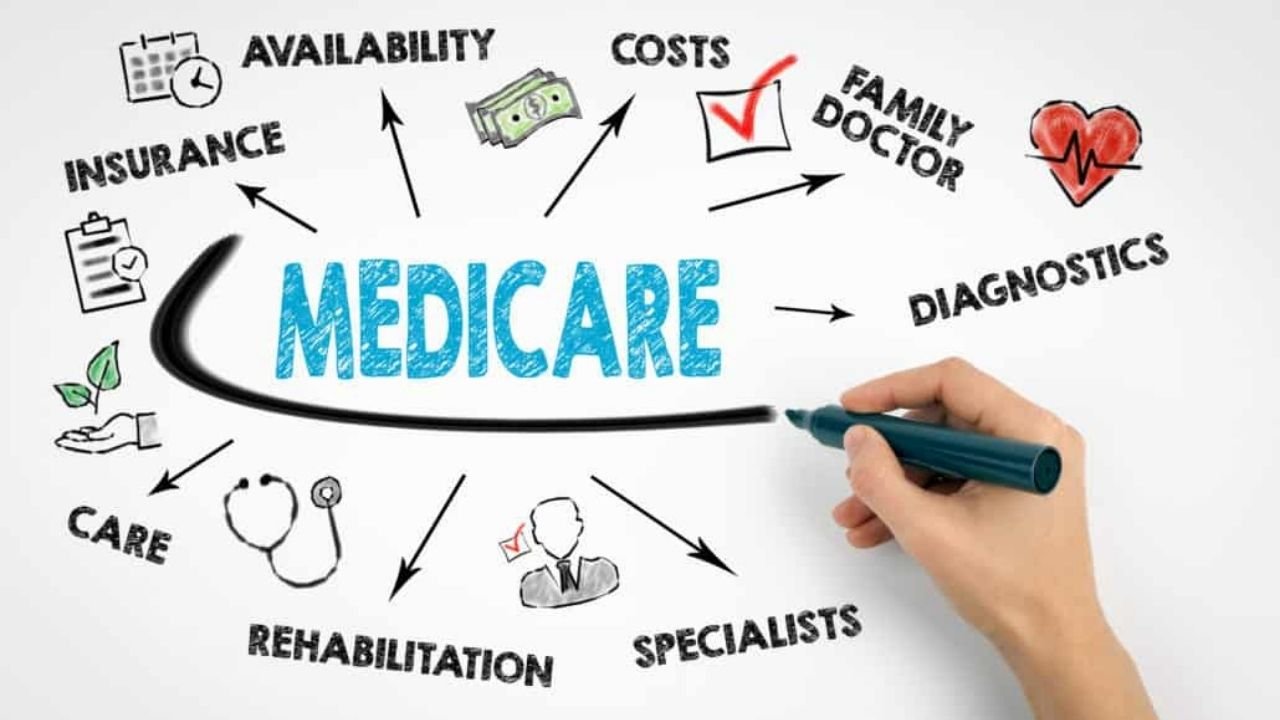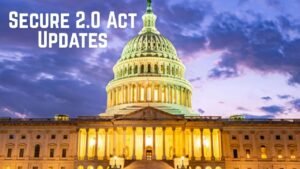As the U.S. population continues to age, healthcare reform stays a vital problem in Washington. In 2025, a chain of Medicare increase proposals have reignited discussions approximately enhancing get right of entry to, affordability, and quality of take care of millions of Americans. These proposals purpose to bolster one of the us of a’s maximum vital social safety nets—Medicare—by way of introducing new benefits, insurance upgrades, and payment -saving measures for seniors and people with disabilities.
Let’s take a more in-depth take a look at what those capacity adjustments could imply for beneficiaries and the healthcare landscape ordinary.
Current Medicare Structure
Medicare is divided into several parts:
- Part A (Hospital Insurance): Covers inpatient hospital remains, professional nursing centers, and some domestic health services.
- Part B (Medical Insurance): Covers outpatient care, health practitioner visits, preventive offerings, and durable clinical device.
- Part C (Medicare Advantage): Offers an opportunity to Original Medicare, regularly with extra benefits thru private insurers.
- Part D (Prescription Drug Coverage): Provides coverage for medicines, also administered via personal insurers.
Why Expansion Is Being Proposed
There are several reasons why Medicare expansion proposals have gained traction in recent years:
- Healthcare Inflation: Medical fees hold to outpace trendy inflation, putting strain on retirees’ budgets.
- Out-of-Pocket Burdens: Many seniors face high copayments, rates, and deductibles, making complete coverage unaffordable.
- Unmet Needs: Services inclusive of dental care or listening to aids are critical for high-quality of life, yet remain uncovered by using standard Medicare.
- Equity Concerns: Lower-earnings seniors regularly lack get entry to to supplemental insurance and are disproportionately affected by Medicare’s gaps.
- Public Support: Surveys constantly show strong voter help for increasing Medicare coverage, mainly for services that directly affect seniors’ each day lives.
Funding the Expansion
Expanding Medicare comes with significant financial challenges. Policymakers are considering various approaches:
- Increasing Payroll Taxes: Raising the Medicare payroll tax on high earners ought to generate additional sales.
- General Revenue Transfers: Using federal funds assets to help enlargement, although this increases broader fiscal worries.
- Cost-Sharing Adjustments: Some proposals advocate higher premiums for wealthier beneficiaries at the same time as protecting lower-profits seniors.
- Drug Price Savings: Savings from Medicare drug negotiations may be redirected to fund extended benefits.
Potential Impact on Retirees
If these expansions are implemented, retirees could see several important changes:
- Improved Access: Seniors could have coverage for crucial services that are currently high priced or unavailable underneath Medicare.
- Financial Relief: Out-of-pocket expenses for pills, dental, and other offerings could lower.
- Earlier Coverage: Lowering the eligibility age would guard hundreds of thousands of near-retirees who lack less expensive coverage alternatives.
- Greater Equity: Expansions should lessen disparities between retirees who can have enough money supplemental coverage and those who can not.
However, there are also concerns:
- Program Solvency: Expanding benefits without securing funding can also pressure Medicare’s budget.
- Political Uncertainty: Proposals may be scaled returned or delayed because of partisan debates in Congress.
- Cost-Sharing Changes: Wealthier retirees might face higher rates or taxes.
What Retirees Should Do Now
While Medicare expansion proposals remain under debate, retirees can take proactive steps:
- Stay Informed: Monitor updates from the Centers for Medicare & Medicaid Services (CMS) and Congressional discussions.
- Review Coverage Annually: Use open enrollment intervals to compare plans and make certain insurance meets personal needs.
- Plan for Out-of-Pocket Costs: Even with capacity expansions, supplemental coverage can also remain essential.
- Advocate for Change: Seniors and advocacy companies can play a function in shaping coverage through voicing aid for needed reforms.
Conclusion
The Medicare expansion proposals for 2025 represent a transformative step towards rising a extra inclusive and low cost healthcare device for older Americans. By including crucial benefits like dental, imaginative and prescient, and mental health insurance—in conjunction with lowering drug expenses and expanding telehealth—those changes may want to appreciably enhance first-class of existence for millions of seniors.
While funding and political negotiations continue to be ongoing, one thing is apparent: Medicare’s evolution is inevitable. As the state’s senior population grows, strengthening and modernizing this system will make certain it remains a cornerstone of American healthcare for generations to come back.
FAQ’s
How would Medicare expansions be paid for?
Funding alternatives include better taxes on rich earners, savings from drug rate negotiations, or changes in payments for better-income beneficiaries.
How should prescription drug insurance alternate?
Future reforms should increase negotiated drug payment lists, cap annual out-of-pocket prices, and implement stricter limits on drug price hikes.
Will Medicare eligibility age honestly be lowered?
Not but. Lowering the eligibility age to 60 or 55 has been proposed but would receive Congressional approval and full-size investment.

